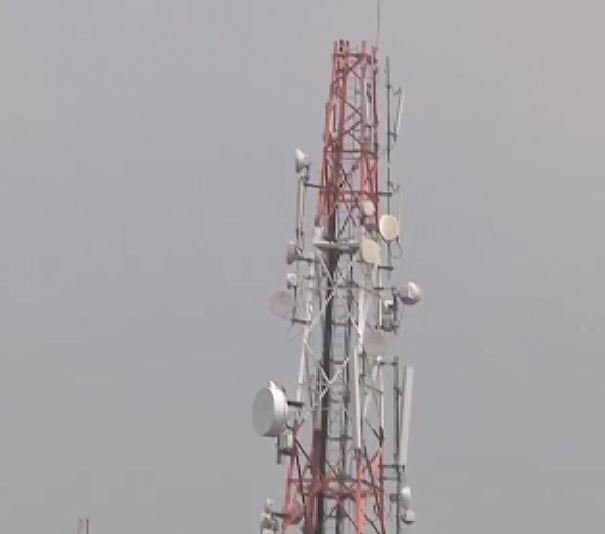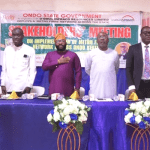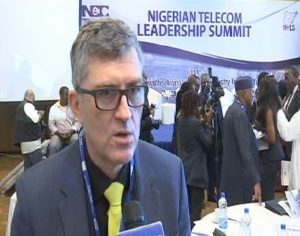
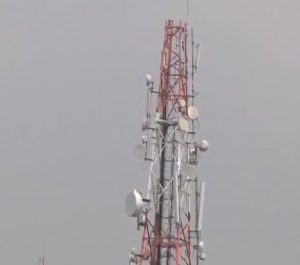
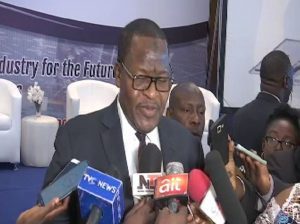

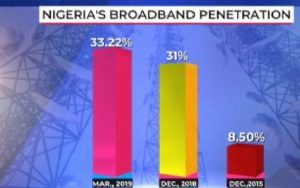
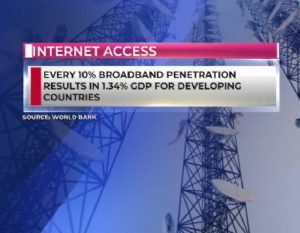
The Nigerian Telecoms Industry still has challenges which affect investments.
At the Nigerian Communications Commission leadership summit in Lagos, many people expressed disappointment over these challenges in a digital age.
Broadband Technology is critical with its potential to improve the economy of many nations.
According to the World Bank every 10% growth in Broadband penetration results in 1.34% gross domestic product of developing countries.
Data from the National Bureau of Statistics shows that Nigeria has improved the overall broadband penetration by 31% as at December, 2018.This Figure surpassed the strategic national Broadband plan of 30%
As at March this year, Broadband penetration stood at 33.22% when compared to 8.50% in 2015
The above figures was calculated with a baseline of 190 million estimated Nigerian population.
The NCC leadership summit was put together to address Infrastructure deficit in the Telecoms sector and develop a framework to accelerate broadband availability, accessibility and affordability.
The Former Minister of communication, Omobola Johnson, says Nigeria must look beyond statistics and build physical infrastructure for Broadband growth.
While the Chairman of FIRS says Telecoms Industry is among the top tax payers, Operators want government to create conducive business environment.
Government says, Broadband penetration is the flagship of the 8 point agenda of the current administration.
Nigeria currently has more than 60 million subscriptions on Broadband services, while the total investments in the Nigerian Telecom Industry is currently estimated at $70 billion

